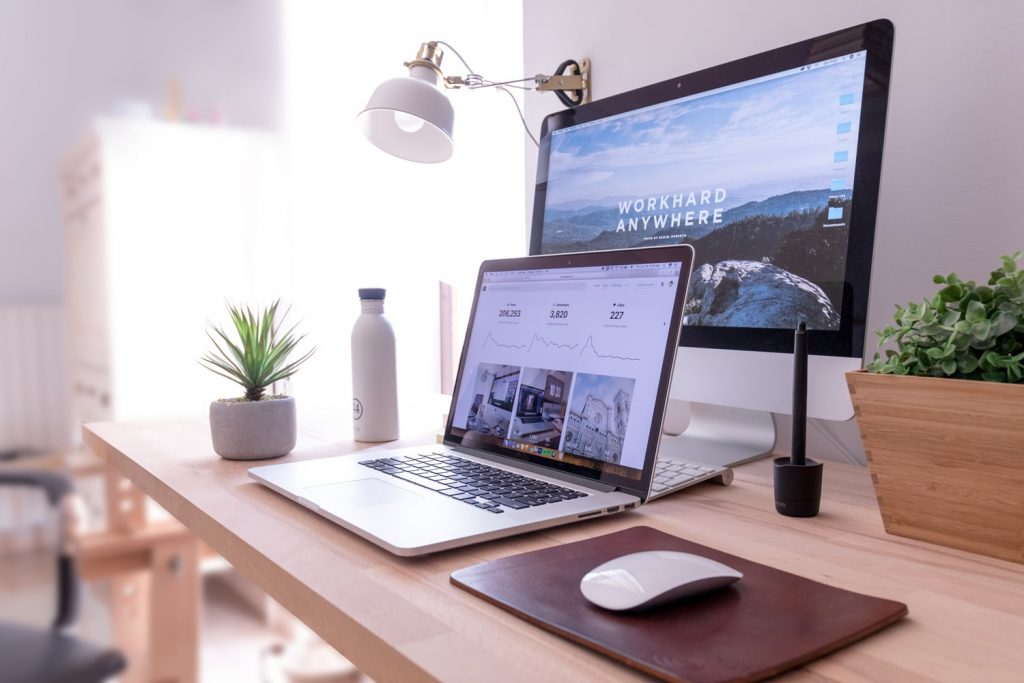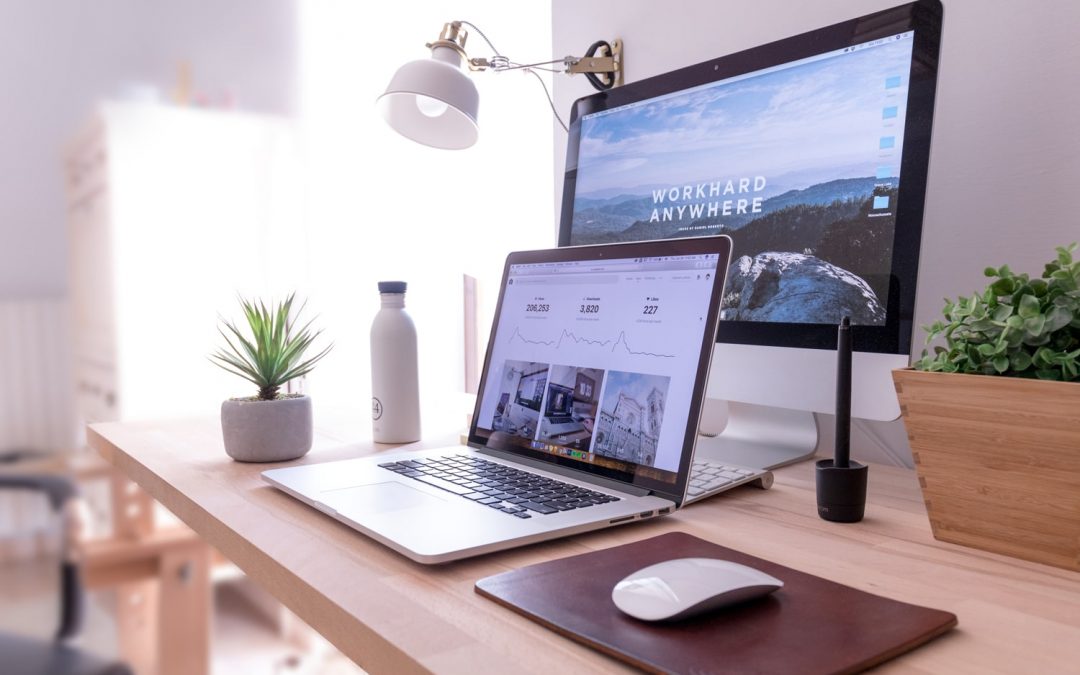
A productive work environment is one of the biggest keys to a successful business. Not only does a positive workplace increase morale and motivation, but it also contributes to job satisfaction that keeps employees loyal and engaged.
If you’re looking for ways to create a more productive work environment, read on as we share our insights.
Make use of natural light
Make sure the physical office space is light and airy. Research has shown that office workers benefit from natural light by being more cheerful and energised throughout the day. Research has also shown that the circadian rhythms of humans are affected by light, so the more natural light in office spaces the better. If this is not possible, a slightly yellow light rather than the flat white of conventional neon lighting is considered better for people’s health. If employees can adjust the lighting around their workstation, it leads to greater productivity and satisfaction than when forced to cope with a glaring lighting system.
Adjustable workspaces
These days, it’s preferable to have open workstations with the ability to change configurations for employees. Desks that turn into standing desks help employees who are usually required to sit for seven hours a day in front of a computer screen. Some employees are taller than others and require different sitting and standing desk heights. Some people work better isolated from the normal office background noise. Have a pod or two, depending on the staff complement, where a worker can go for some ‘cocoon’ space and dig deep into their creativity. By providing the best equipment, you’ll reap the rewards of increased productivity and less time off with symptoms of a poor workspace.
Don’t skimp on the consumables
Buy good coffee, a range of teas, milks to suit all dietary requirements and quality utensils and you’ll have a happy workforce. It’s worth the slightly higher outlay for staff to feel appreciated. Have allocated spaces where staff can take their meal breaks. The space doesn’t have to be huge as people tend to eat at different times. It is far healthier to take a break for lunch than to consume it at a desk while concentrating on a screen however this should be a personal choice rather than an enforceable decision.
Goal setting and organisation
While a perfect environment contributes to productivity, management must also focus on setting individual goals and organising a team.
The goals set for the team for the day communicated in a clear, concise form. Ideally, this should be communicated via email that can be read before a quick meeting at the start of the day to make sure everyone is on track for the day.
Each employee should be able to track what they are doing for the day, posting updates and time allocation as each task is finished. You can use a variety of platforms to make sure everyone stays on track.
Allow collaboration. One person may be stuck on solving an issue and may need to ask for help from a colleague. It’s often quicker than referring to a manual, and more productive than trying to sort it out alone.
Keep meetings short and to the point
The bane of every office worker’s life is meetings, particularly back-to-back meetings! If your calendar is organised, people know their tasks for the day, and they can monitor themselves, then there should be no need for unproductive meetings. Meetings shouldn’t generally be longer than 15 minutes. An email can be sent to staff upfront, with the agenda and key points, so they can prepare themselves. Be firm in cutting short unwarranted discussions, keeping to the agenda, and try to involve every person present so they feel they have contributed, or gained something from the meeting.
Avoid micro-managing
We understand that you want your business to grow, but you must let staff do the job you’ve employed them for. By all means, provide guidance and procedures, but if you find someone works out a better and faster way to do something then praise rather than reprimand for not following your procedure. If it works, adopt it and give credit. Employees who are appreciated are more productive. If you have an online work calendar set up with people adding labels as they work through their tasks, you can see at a glance what is happening. If there is a problem, then step in to give help as a person may need more training or education in a particular field, which the company should offer as an incentive.
Create positivity
Staff pick up on the general mood of the office so try to create a positive culture by paying attention to the following:
- Try to be upbeat with a genuine smile, and interest in staff
- Applaud staff achievements, and those of their partners and children
- Surprise the team with a pizza lunch occasionally
A productive work environment is something that employers must consciously create. For more information, contact us today.
Need help finding your next role? Contact us today and see how we can help you!
